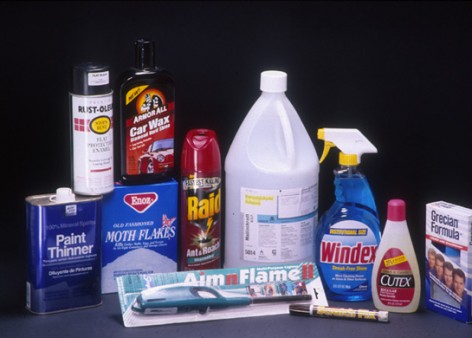
The wind energy industry is the fastest- growing segment of renewable energy production. Both wind turbine installation and turbine maintenance are high risk tasks and safety considerations must be a main priority.
 SafetyMoment
SafetyMoment

The wind energy industry is the fastest- growing segment of renewable energy production. Both wind turbine installation and turbine maintenance are high risk tasks and safety considerations must be a main priority.

Stripes aren’t just for zebras at Oil Sands…
In the wild, a zebra uses its stripes to help keep it out of harm’s way. People at Oil Sands can do the same thing!
Zebra-striped crosswalks are strategically placed everywhere throughout Oil Sands.
Drivers, especially those in large trucks and buses, are trained to expect pedestrians at a crosswalk. Even when no vehicles are present, using the crosswalk keeps you in the habit. It’s simple and it saves lives.
Don’t be shy! Let another employee know when he or she fails to use the crosswalk.
Let’s keep the herd safe!

According to the U.S. Consumer Product Safety Commission (CPSC), top electrical safety hazards include electrical fires caused by aging wiring and misuse of surge suppressors, and electrocutions from wiring systems and large appliances. Electricity causes more than 40,000 fires ever year in the United States, resulting in hundreds of injuries and deaths.

In one recent year, some 1,600 fires in American homes involved what most of us call “propane”: liquefied petroleum (LP). Grills, hot water heaters and stoves were the most common pieces of equipment involved in these fires. Forty-one people died and 260 were injured.




Once we start eating and playing more outdoors, we are quickly reminded which living creatures dominate the earth: insects. Weeds attack the lawn. Mice carry off the dog food in the garage. Mildew grows on the siding. Here are some tips for making sure that you don’t harm yourself, your family or your pets while fighting these pests.

Zone inspections can cover a lot of territory, both literally and figuratively. If you bring along a safety specialist, you can use these inspections to uncover some common and easy-to-fix hazards:



The greatest risk is not while riding the bus, but approaching or leaving the bus. It is essential that drivers know the rules:
“Danger — Know the Zone” guidelines for children:


Fires and burns continue to be the third leading cause of unintentional injury death at home. In 2002 alone, 2,200 people lost their lives in home fires. Particularly at risk are the very young and the very old. Follow the safety tips listed below to protect yourself and your family.



The growing popularity of candles has spawned all-time highs in the number of fires started by candles (12,540 in 1998, for example, which killed 157 people and caused $176 million in property damage). About a third of these fires broke out when people left candles unattended and didn’t use them carefully. About a fifth of the fires started when people put candles too close to something. According to the NFPA, December is the month when fires caused by candles are most common. Nearly half of home candle fires start in the bedroom.
